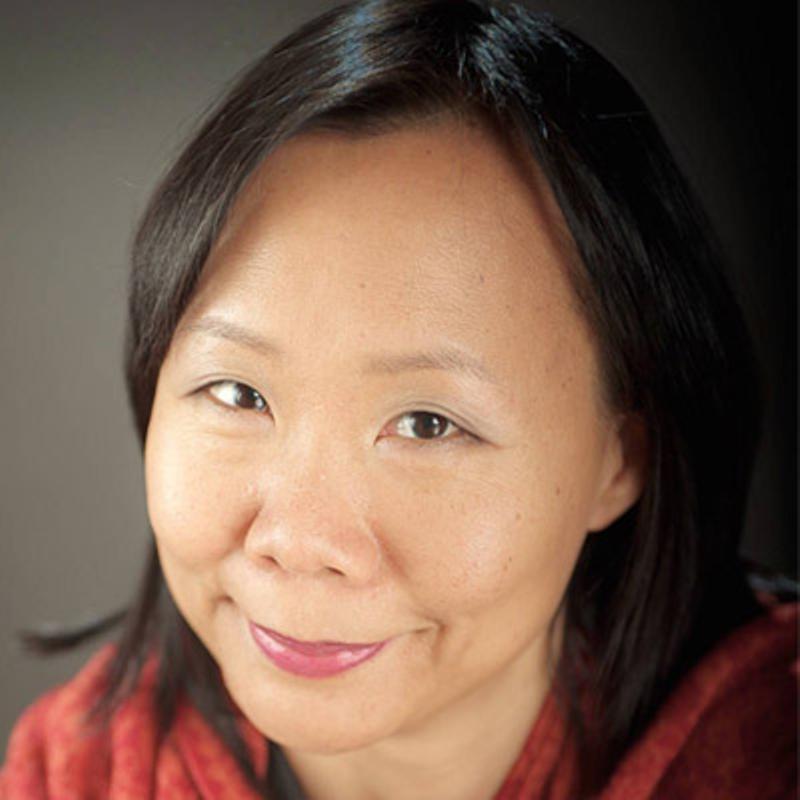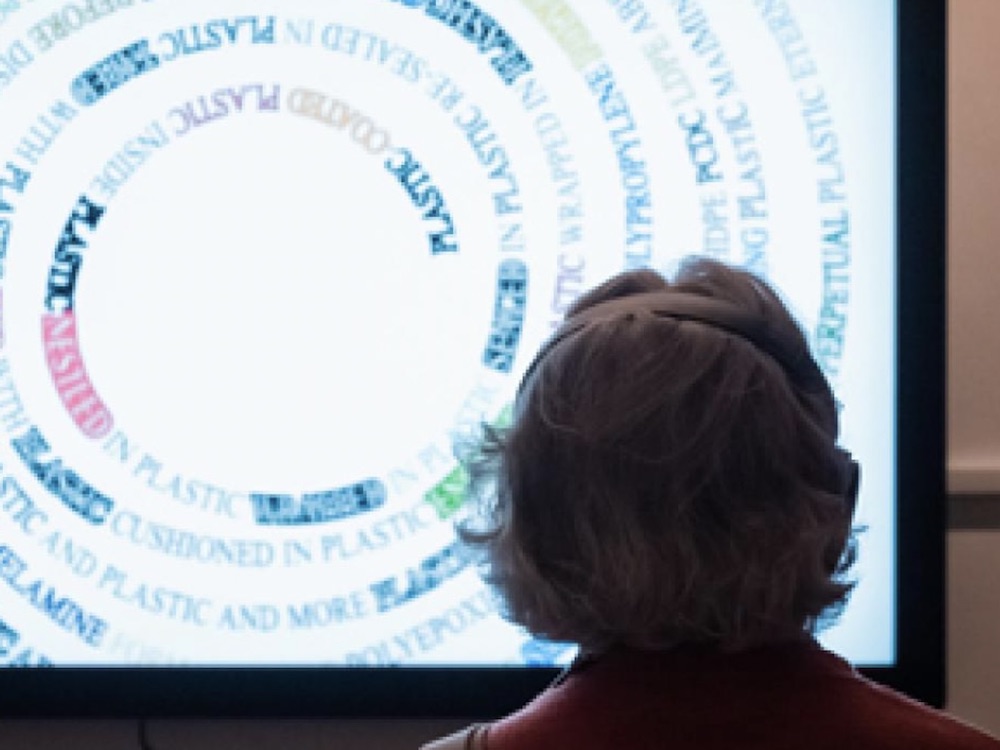Back in 2009, while sitting in the playground watching our kids run around, I asked a former high school classmate who was teaching documentary film to collaborate with me on making a poetry video to celebrate my new poetry collection. He agreed! With a miniscule budget, we worked on a video for my poem “Chrysanthemum,” which was selected for screening at Vancouver’s poetry video festival, Visible Verse. The festival was curated and organized for years by local poet and performer Heather Haley. I never looked back, and have collaborated on 10 other poetry videos since. It’s been a journey of discovery, and it’s always exciting to see the end result come together.
Why poetry videos? They expand the reach of poetry by making it accessible to people across borders and backgrounds. There are many folks who are intimidated or confused by poetry. Maybe they had a bad experience in school with analyzing and dissecting a poem to death. They might not “get” a poem and turn away, thinking it’s too difficult or esoteric. They might not know where to find a good poem among the shelves of poetry available.
One issue is that many poems are meant to be read aloud. Poetry videos can allow a poem to be heard of course, but most importantly experienced through visual imagery, colour, pattern, dance, movement, sound effects, music, narration and more.
Filmmakers might be inspired by a poem’s metaphors and distilled, compressed language, which might serve as a spine or screenplay for a sequenced collage of visuals and sound.
What’s quite wonderful about poetry videos is that they can extend and deepen the meaning of the poem itself because of how the images, music and sound effects work in synergy with the spoken or written word. The visual images and sound design can tap into the unconscious, the unspoken, and universal, drawing upon the white space of the poem on the page.
Some of my favourite poetry videos by Canadian poets include ones based on poems by Kate Marshall Flaherty and Shirley Camia. I particularly appreciate Marshall Flaherty’s “Far Away” and “Sel,” and Camia’s “Novena” and “What You Can’t Take with You.”
As many poetry video commentators have noted, the best poetry videos do much more than illustrate the poem: they create something new that can transcend the words. Some poetry videos actually might not even need any words at all — the images and sound effects themselves create a kind of “poem” — hence the term “videopoem.” Not all poetry videos are videopoems, and not all videopoems involve actual written or spoken poetry.
If you’re interested in getting involved in learning more about video poetry, don’t miss an amazing retrospective of 40 years of videopoems curated by Tom Konyves, author of the highly influential Videopoetry Manifesto. The free exhibition at the Surrey Art Gallery is entitled Poets with a Video Camera, and it’s on view until Dec. 11.
This Saturday afternoon, Nov. 5, there is a free symposium entitled Two or Three Things One Should Know about Videopoetry.
The symposium takes place from 12 p.m. to 6 p.m. at the gallery and features various speakers on the topic of video poetry, several from outside of Canada. A free tour of this exhibit and another exhibit at the Surrey Art Gallery will also be offered by curator Jordan Strom on Saturday, Nov. 26, from 2 to 3:30 p.m. Come check out the videopoems and the stimulating discussion!
If you’d like to hear a live reading of poems by several of the key poets making poetry film who are speaking at the symposium, come out to a free public reading on Sunday, Nov. 6 at 7 p.m. at the People’s Co-op Bookstore in Vancouver. You’ll hear Vancouver-raised, New York-based Adeena Karasick and Wisconsin-based Kurt Heintz. Plus U.K.-based Sarah Tremlett will be performing alongside landmark Canadian interdisciplinary artists Valerie LeBlanc and Daniel H. Dugas. Also on the bill are notable locals Heather Haley (who curated the festival that screened my first videopoem) and curator Tom Konyves.
Because I feel so very honoured, privileged and most of all lucky to have worked with such creative and talented animators and filmmakers for my own poetry video collaborations, I want to encourage other poets and filmmakers to make poetry videos too. Poetry films and videopoems have long represented a legitimate form of cultural expression in Germany (the first, largest and longest running poetry film festival, the Zebra Poetry Film Festival began in 2002), as well as in France, England and the U.S. Canadian poets and poetry deserve the same support and coverage.
For those of you who are curious about poetry videos (or videopoems) — what they are, how to make them, what they look like — I’ve put together a list of resources that includes examples, websites and essays about them on my website. The page includes a link to an excellent essay by Moving Poem’s Dave Bonta, “Videopoetry: What is it, Who Makes it and Why?”
As part of the second stage of my City Poems Contest project to encourage poems about historical, cultural and ecological sites within Vancouver, two instructors from Emily Carr University of Art and Design and the instructor of Simon Fraser University’s Moving Images class have agreed to include the production of poetry videos based on a curated list of many of the shortlisted poems from stage one of the contest (that may include a few additional poems to ensure representation) as a possible course assignment. This will be followed up with a public screening of the top student poetry videos at the Museum of Vancouver in June 2023.
There’s a potential for synergy when artists from different genres collaborate, and when diverse art forms cross-fertilize. Poetry has informed film, and film has informed poetry for generations. As the rains descend, the days grow short and we retreat indoors, why not take the time to experience how verse and visual art can come together in unexpected and imaginative ways. ![]()
















Tyee Commenting Guidelines
Comments that violate guidelines risk being deleted, and violations may result in a temporary or permanent user ban. Maintain the spirit of good conversation to stay in the discussion.
*Please note The Tyee is not a forum for spreading misinformation about COVID-19, denying its existence or minimizing its risk to public health.
Do:
Do not: